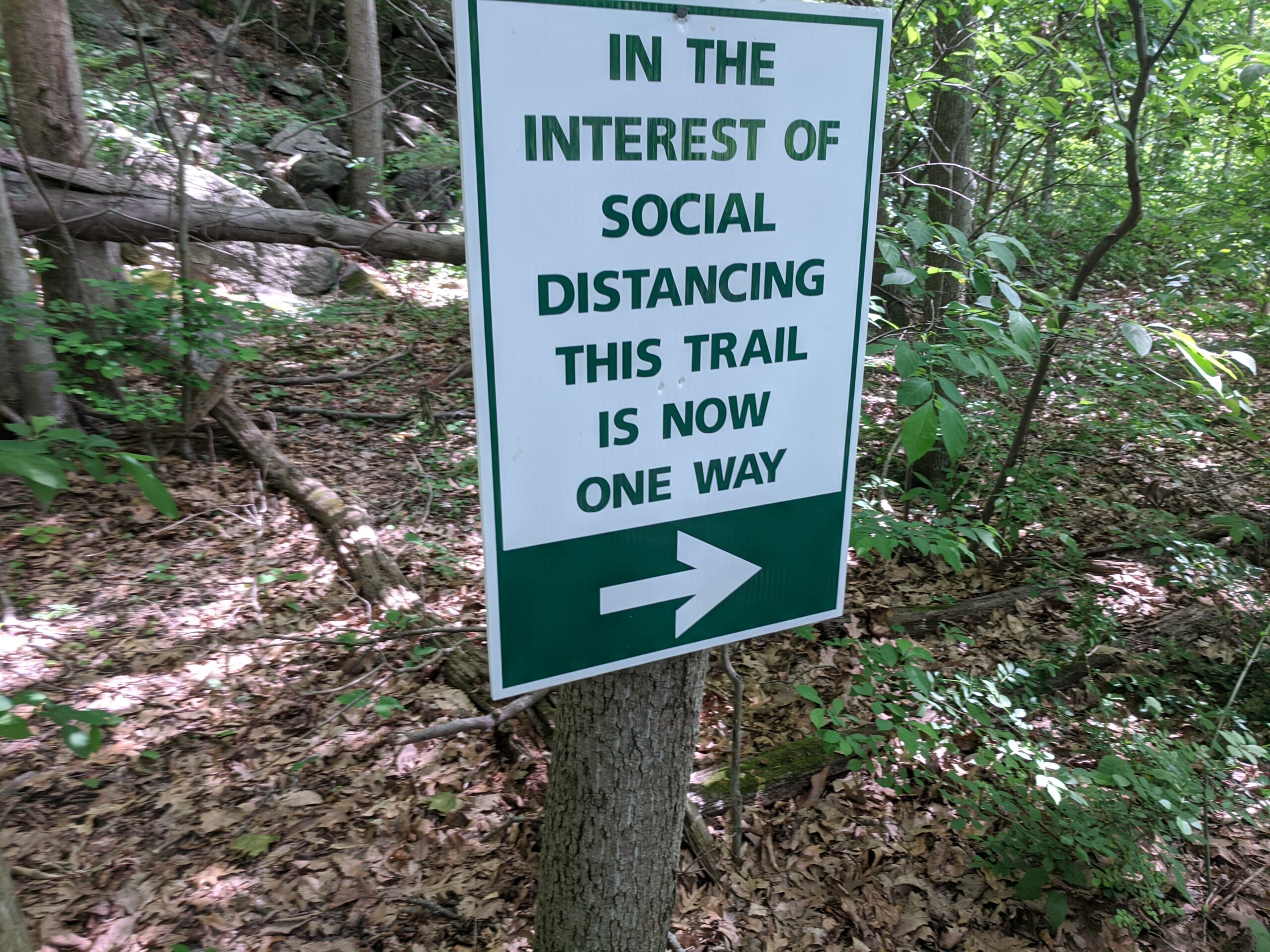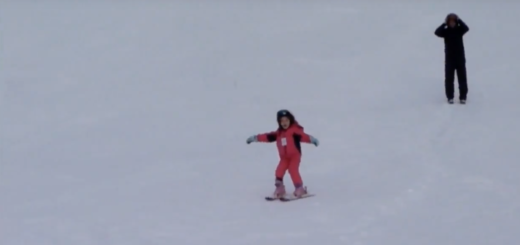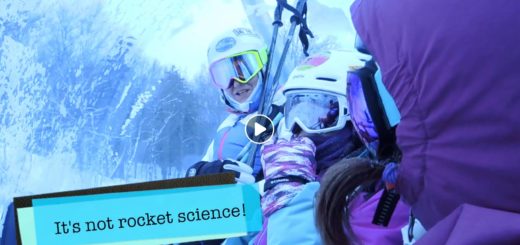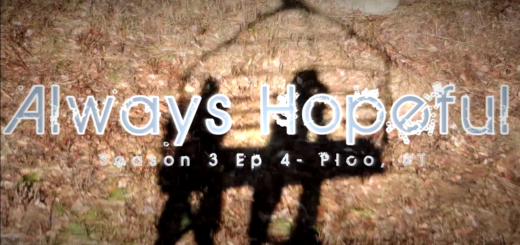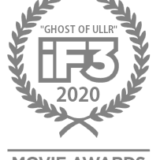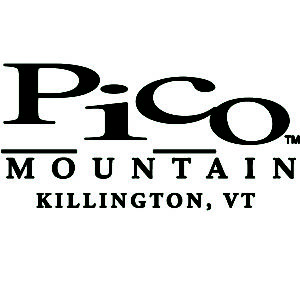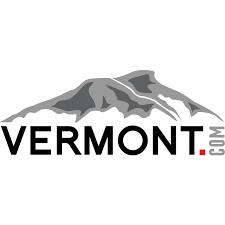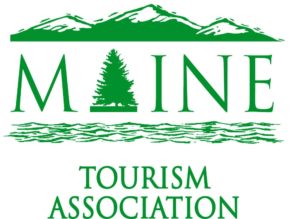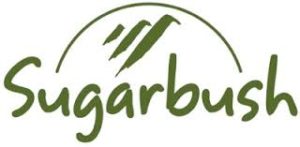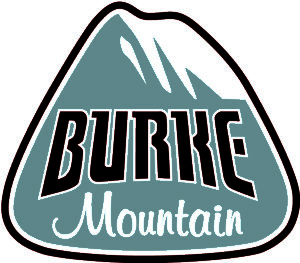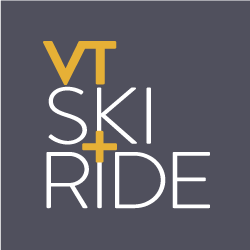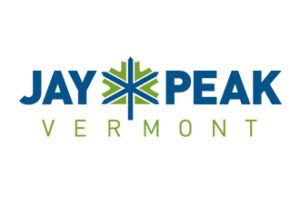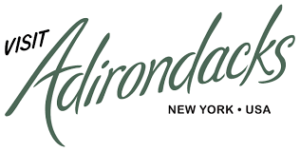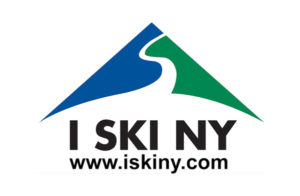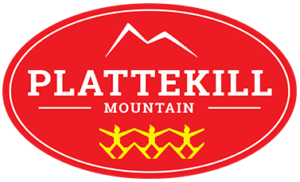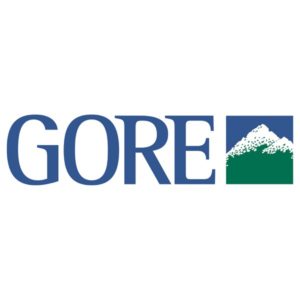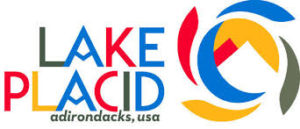With COVID-19 Will There Be Skiing This Winter?
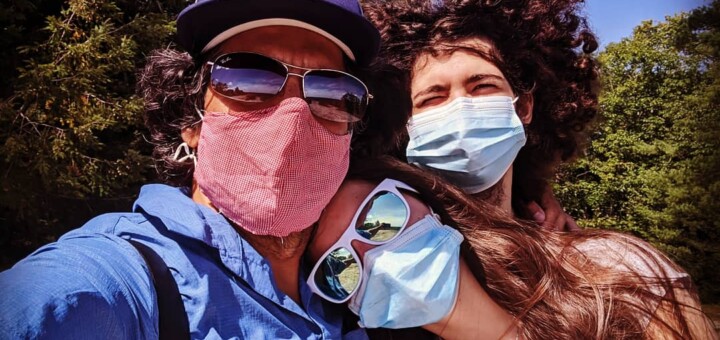
As a ski family of four living in NYC, having our ski season end abruptly in March we are worried about the upcoming ski season. With COVID-19 positive rates going up we have many concerns. Will we even be able to ski? How will resorts handle capacity restrictions? Will reservations be required and how will social distancing be enforced? We were recently on a virtual media brief with eight separate resort groups. They gave us their predictions and guidelines resorts have put in place for the upcoming season to keep its visitors safe. Season pass sales are up 75% and one thing is certain, snow is coming and if you are planning to go skiing you should know before you go.
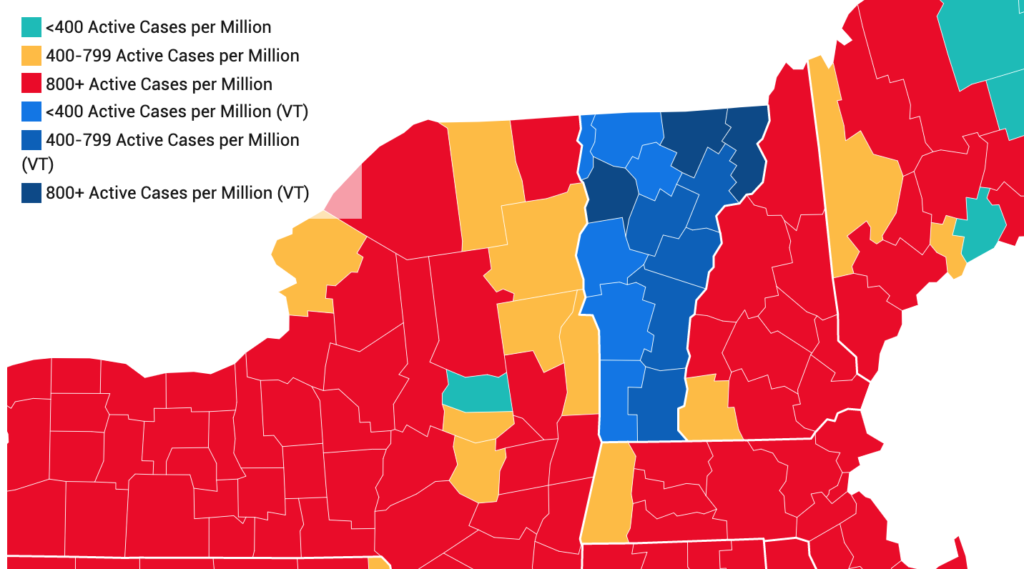
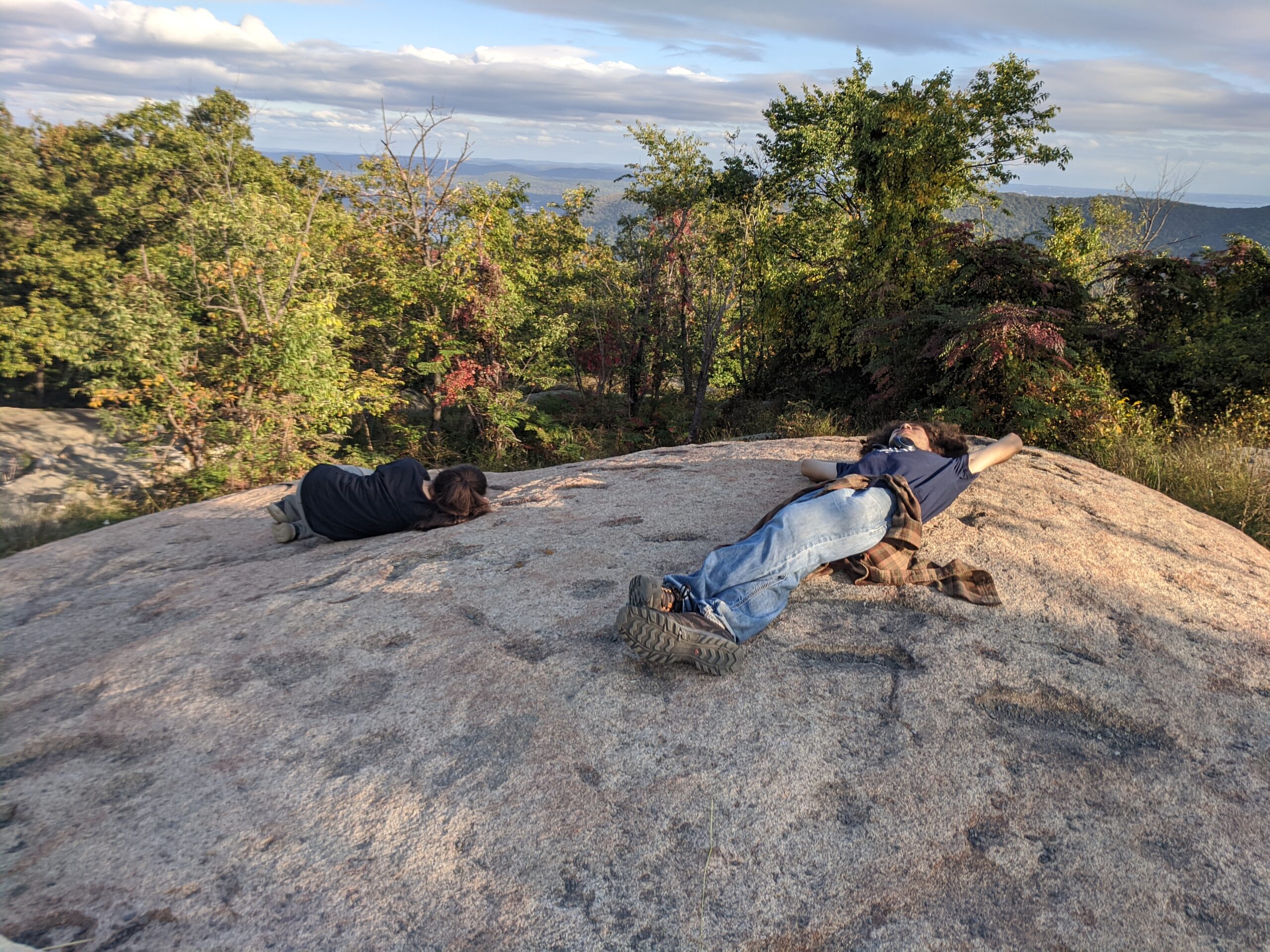
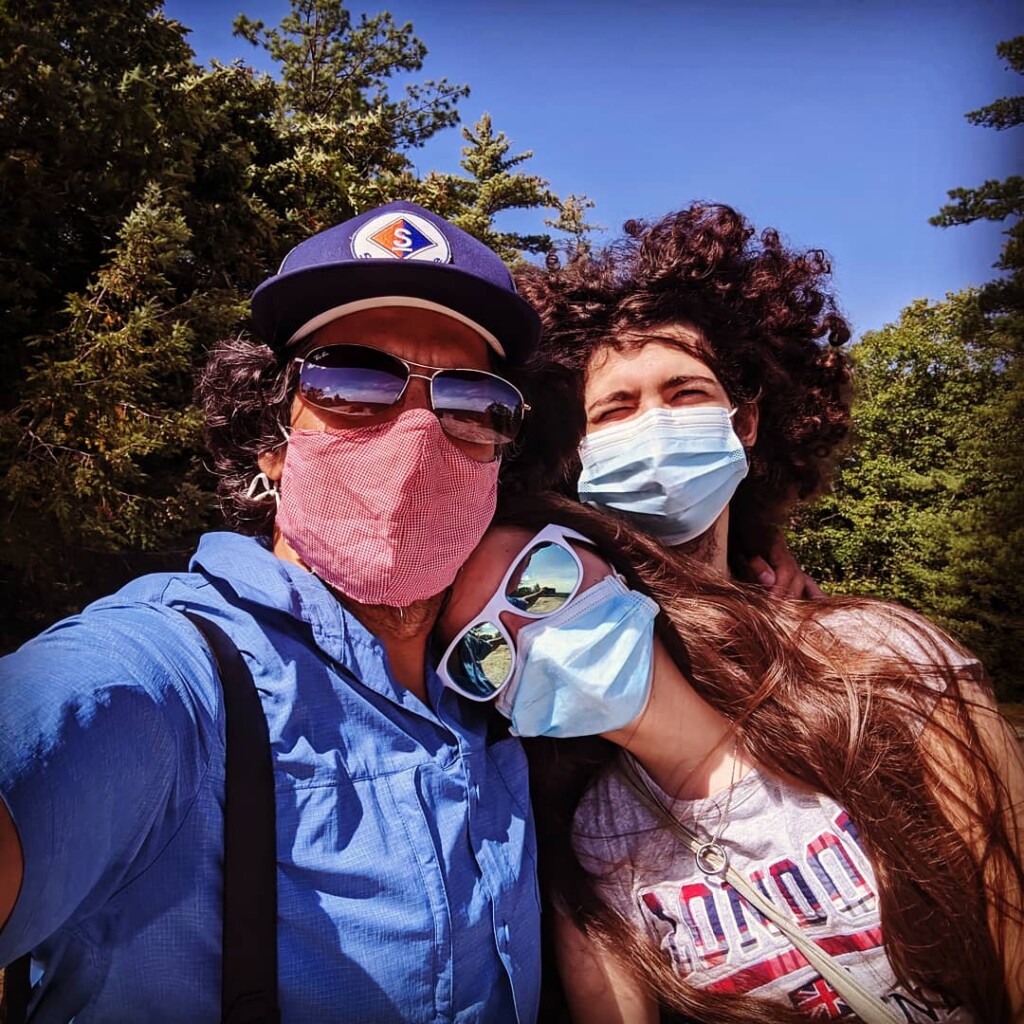
Masks will be required and many skiers are already planning to boot up from their cars. Lifts will be loading at half capacity or less in some instances and or you will be riding lifts with your “pod”. Resorts are installing hand sanitizing stations throughout the resorts and ready to go meals are a couple of things you will see this season.
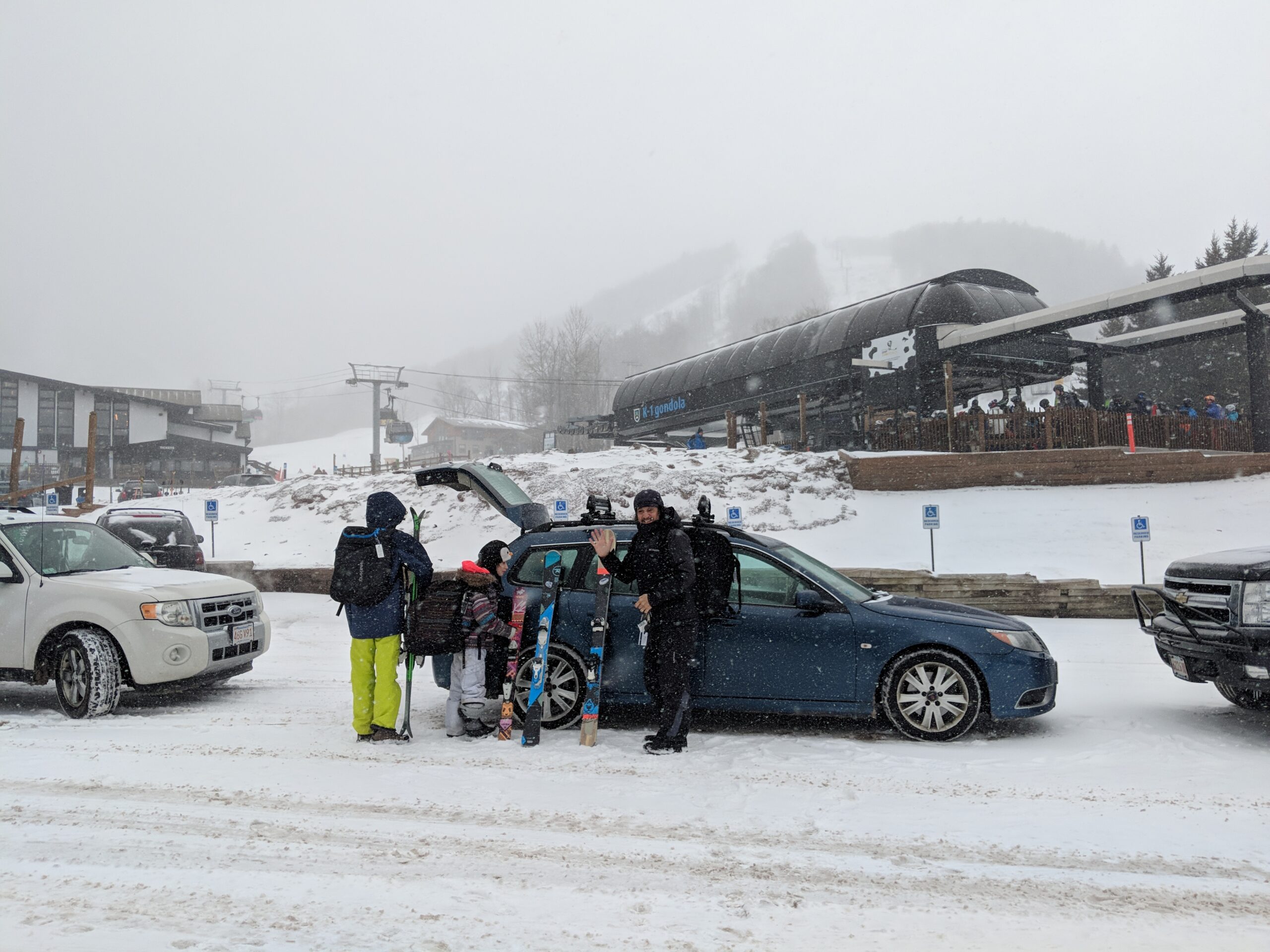
To help minimize capacity issues many resorts will require you to reserve your ski days in advance, even for season pass holders. For those without season passes, window sales may not be available as most resorts will almost exclusively be doing online sales and transactions to minimize contact. Jodi Churich from Vail Resorts, said they have learned a lot from Perisher Ski Resort in Australia to prepare for the upcoming season. In addition to skiing reservations, many resorts will require advance reservations for parking as seen by Killington/Pico Resort recently.
Air travel is likely to continue to be low, which will impact international ski travel. However, Vern Greco from Pacific Groups thinks it will still be a record year, with most visitors commuting by car. However, retail and food and beverage sales will likely be lower than previous years. On a positive note, Ragged has no plans to implement a reservation system. After reviewing past seasons there are only 12 days he foresees there being capacity issues. If you are looking for a spontaneous trip, it might be the season to check out a smaller mountain like Ragged.
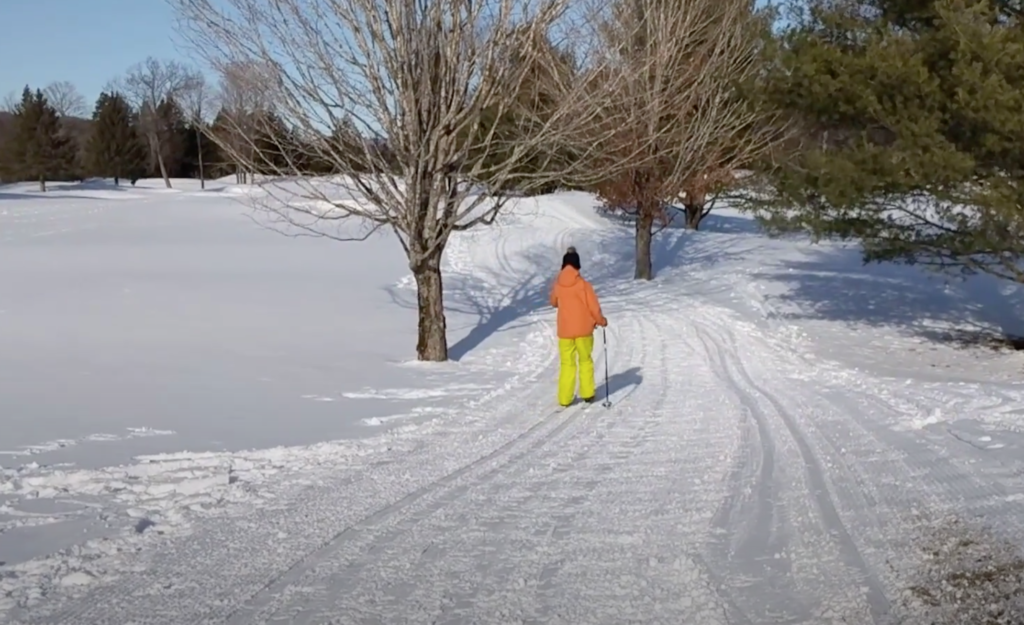
Like a lot of families living near NYC, we did a lot of hiking this summer at Harriman and Minnewaska State Parks. There were more visitors than in previous years. We even had to wait long wait times for parking, which is normally unheard of in the summer. The desire to be outside will likely inspire people to venture outdoors for winter sports, not just downhill skiing. Reese Brown from the Cross Country Ski Areas Association, predicts an increase in cross country skiing. Being uniquely positioned they don’t have the volume of skiers as downhill and unlike alpine skiing, cross country skiers tend to only ski a few hours and leave. Sales are up for entry level ski lessons and cross country ski areas are preparing to accommodate the increase and new skiers to the sport.
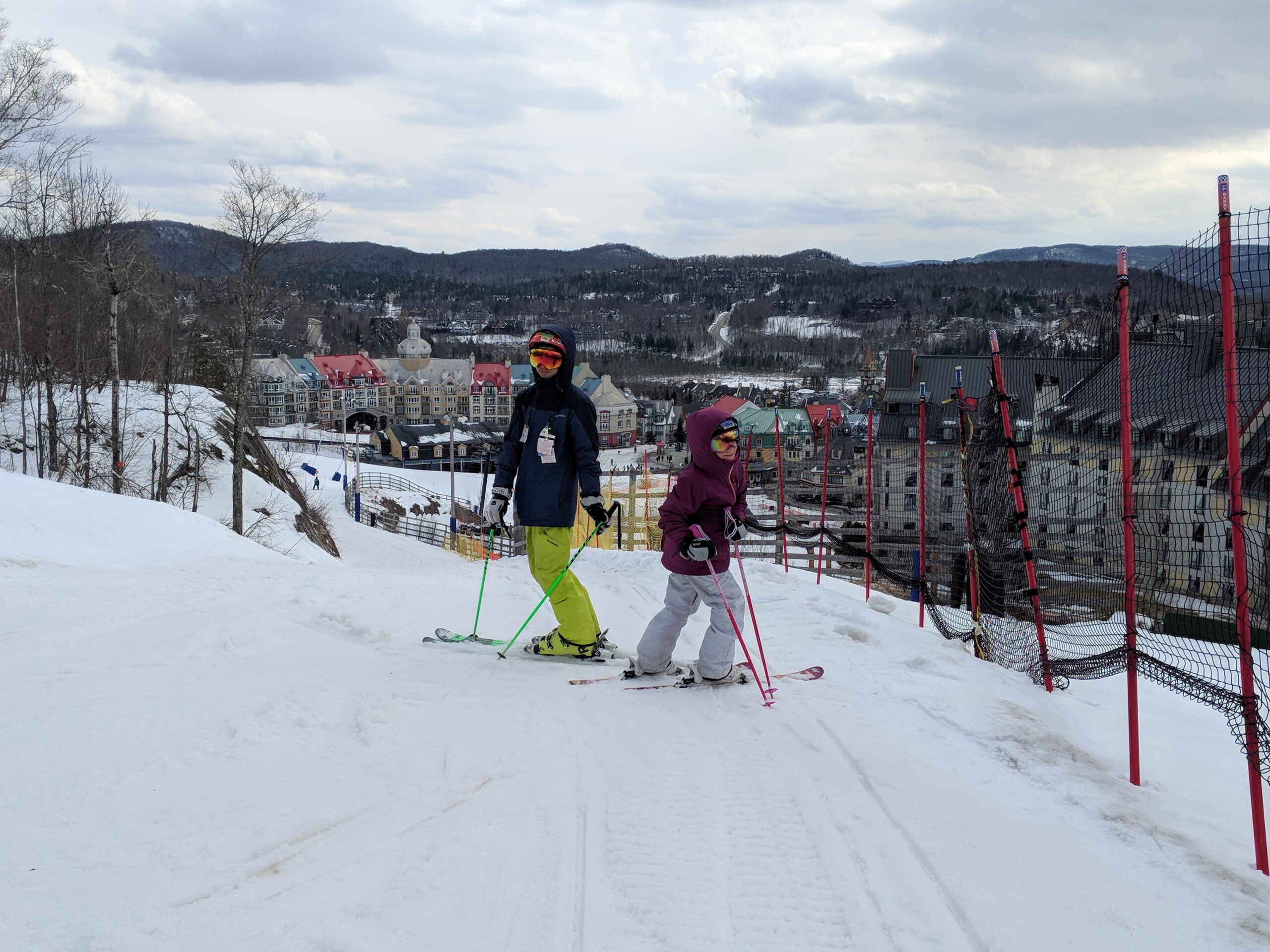
It is not surprising that interest has increased for cross country skiing, but many worry what this will mean to first time downhill skiers. Ski school is certainly not out of the question. Jodi Churich said resorts will offer ski school and like many schools across the country, online daily health forms will be required. Shannon Dunfey-Ball, Ski New Hampshire’s Marketing and Communications Manager offered alternatives for new skiers, such as small family or friend groups. Vern Greco, proposed an interesting program for first time skiers at Ragged Mountain Resort. Upon arrival you will pick up your rental equipment, instead of waiting for a class in ski school, you will walk outside to a station. As you progress you will work from station to station, eliminating the crowding factor of a typical ski school.
It is not clear whether the border to Canada will open for tourism, but Paul Pinchbeck, President and CEO of Canadian Ski Council advised that when you travel to ski resorts within Quebec you should follow the recommended guidelines of the locale you are traveling from. For instance if you travel from a red area and in person dining is not allowed, you should not eat out at restaurants while visiting resorts. (Contactless takeout would be acceptable).
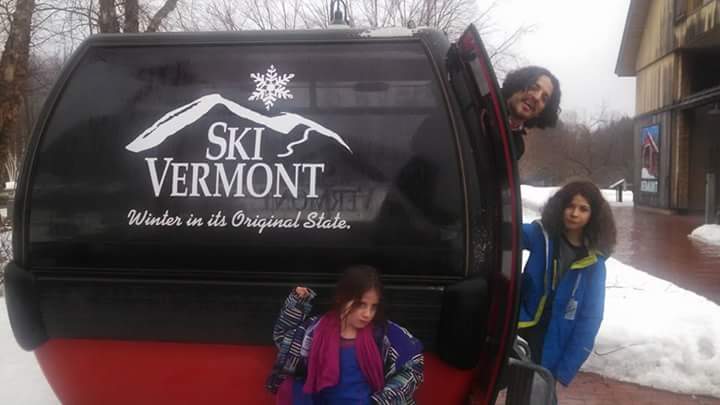
Many skiers in the Northeast have speculated on social media the impact of Vermont’s mandates for ski travel tourism this season. While each resort in Vermont is making accommodations to handle capacity, Adam White of SkiVT stated that resorts will have to follow mandates set out by the Vermont Department of Health. Presently, the guidelines from the State of Vermont require a 14-day quarantine or a 7-day quarantine followed by a negative test from your home state. If you travel in a personal vehicle, you may complete the quarantine requirement in your home state. Quarantine means staying at a home or dwelling before doing any activities outside of the home, like grocery shopping or getting together with friends or family. People in quarantine should separate themselves from others and check themselves for symptoms. However, families that have children in hybrid learning or who are not able to quarantine because of work or other various reasons, may be deterred by these guidelines. Every Tuesday Vermont’s map is updated.
If your county has less than 400 cases per million, you are exempt from the mandatory quarantine. To find out the latest guidelines for traveling to Vermont visit: Vermont DOH. As of October 23, most counties in the Northeast are red or yellow, requiring visitors to a mandatory quarantine. To see if your county is red or yellow visit: Vermont Travel Map
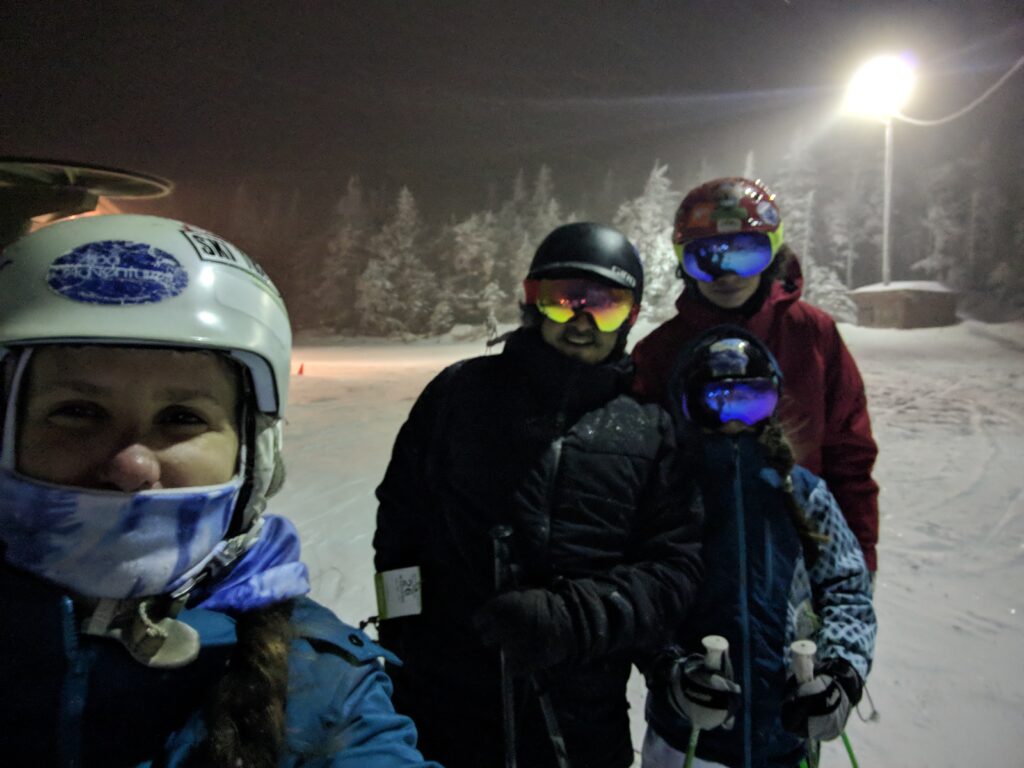
It’s not going to be the same ski season as years past, but whatever your plans may be this winter, be sure to check with state guidelines before planning your ski getaway. We all want to ski this season, “don’t be the reason, we don’t have a season.” Wear a mask and practice social distancing. And if all else fails, maybe invest in a good gravel bike.
